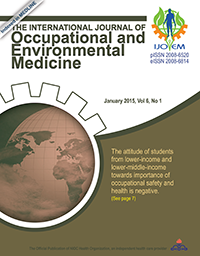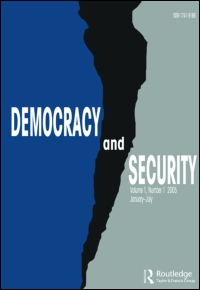 The International Journal of Occupational and Environmental Medicine has taken a hard stance against overlapping publications in a recent retraction note and editorial.
The International Journal of Occupational and Environmental Medicine has taken a hard stance against overlapping publications in a recent retraction note and editorial.
Shortly after publishing a paper about the glycosylation patterns of endothelial cells in usual interstitial pneumonia, IJOEM editors discovered that it had been accepted by the Scholarly Journal of Biological Science two weeks before it was submitted to the IJOEM.
According to two authors we reached via email, Abolfazl Barkhordari and Carolyn Jones, SJBS requested a $300 publication fee, which Barkhordari (a corresponding author) was unable to pay due to economic sanctions against Iran, where he is based.
Barkhordari provided us with an email from the SJBS stating that the paper would not be published until $300 was transferred into a Nigerian bank account. The Nigeria-based publisher, Scholarly Journals, is on Jeffrey Beall’s list of predatory open access publishers.
Barkhordari and Jones assumed the SJBS was a dead end, so submitted the paper elsewhere.
Continue reading Journal runs retraction, editorial over duplicate submission of pathology paper
 Researcher Floribert Patrick Endong had been looking forward to seeing his paper in print. Several months after he submitted it to Gender Studies, the journal told him in March that it was online. But when he read it, Endong was disappointed to see some changes he had not approved, which he believed “deformed much of the initial text.”
Researcher Floribert Patrick Endong had been looking forward to seeing his paper in print. Several months after he submitted it to Gender Studies, the journal told him in March that it was online. But when he read it, Endong was disappointed to see some changes he had not approved, which he believed “deformed much of the initial text.” 







